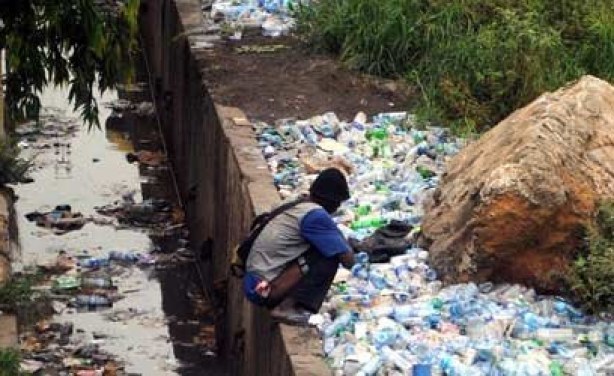The Federal Capital Territory is set to build public toilets along highways in the city in order to reduce open defecation.
The Deputy Director Head of Water Supply of Federal Capital Territory Rural Water Supply and Sanitation Agency (RUWASSA), Chinelo Ebrike , stated this on Tuesday in Abuja at the premiere of a video documentary, ‘Echoes of the People’, a two-year engagement in grass-root communities by HipCity Innovation within the six area councils in the FCT documenting their needs and telling their stories with the aim of getting a desired solution from the government.
Ebrike said the agency would also build public toilets in schools, health centers and markets to fight the menace.
According to her, “Some people believe that to defecate in the open, they want to receive fresh air. You see some people when they visit their villages, they have toilets but they will take a walk into the bushes and defecate. For some, it may be the non-availability of toilets. In the city, we do not have public toilets for people to defecate.
“We are having an approach as we have come on board now, we are going to build toilets in all those institutions. In the schools there should be toilets, in health care centres there should be toilets, in the markets there should be toilets and on the highways, if you are moving from Kubwa to the city, there is no toilet along the road and somebody can be pressed. We are coming with all these things but we need to liaise with other sister agencies and development control to be able to give the land”, she said.
She noted that RUWASSA started operating in January 2021 and has since visited 10 communities in Bwari Area Council out of which three have been declared open defecation free.
“We are taking it to wards, then from area council to area council. We started in Bwari and we have visited about 10 communities. We started preaching behavioural change and we have been able to declare some of these communities open defecation free such as Kuchigoyi, Zuma 1 and Zuma 2. The other seven are ongoing and have achieved at 80% stage of achieving its open defecation free status,” she said.
To determine if a community is open defecation-free, she said the national or state, or local government task force on sanitation will go round to ascertain if open defecation has been stopped within a certain period of time.
